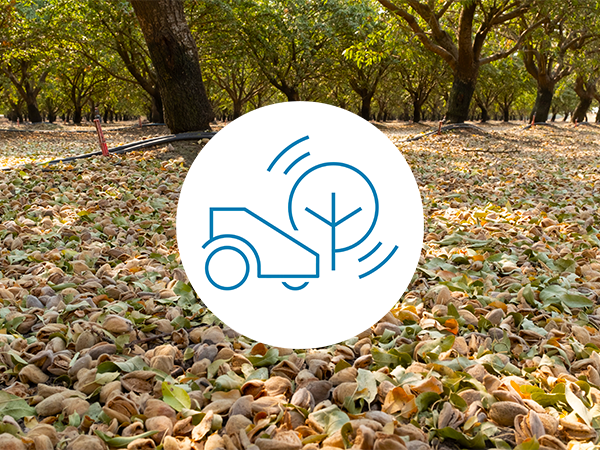Course Description
The Session focuses on the harvest work group’s progress and innovation in almond harvesting. The Speaker who is the chairman of the harvest work group and co-owner of Sperry Farms, outlines the importance of addressing the challenges faced by almond growers, such as COVID-19 and devastating fires, and emphasizes the need for offseason planning. The session highlights advancements in dust reduction during off-ground harvest, reducing barriers to drying almonds, and promoting environmentally friendly practices. Specific goals include reducing water usage by 20%, achieving zero waste, increasing adoption of eco-friendly pest management tools by 25%, and cutting dust during harvest by 50% by 2025. Research efforts are discussed, including economic viability studies, windfall quantification, and drying method optimization. The session also covers the benefits of off-ground harvest, such as improved soil health and reduced pesticide use, while addressing barriers like economic viability and equipment needs. The overarching aim is to enhance sustainability, profitability, and innovation in the almond industry.
Course Objectives:
After completing this course, learners will be able to:
- Summarize the progress and innovations made by the almond harvest work group in addressing key challenges faced by almond growers.
- Recognize the importance of offseason planning to address the impacts of challenges like COVID-19 and environmental disasters on almond production.
- Identify advancements in dust reduction during off-ground harvesting and explore methods for reducing barriers to drying almonds.
- Examine the specific sustainability goals for almond harvesting, including reducing water usage by 20%, achieving zero waste, increasing eco-friendly pest management by 25%, and cutting dust by 50% by 2025.
- Evaluate ongoing research efforts, including economic viability studies, windfall quantification, and optimizing drying methods for almonds.
- Understand the benefits and challenges of off-ground harvesting, including its impact on soil health, pesticide use, and the economic and equipment-related barriers.
- Apply strategies to enhance sustainability, profitability, and innovation in almond harvesting, based on industry goals and research insights.

